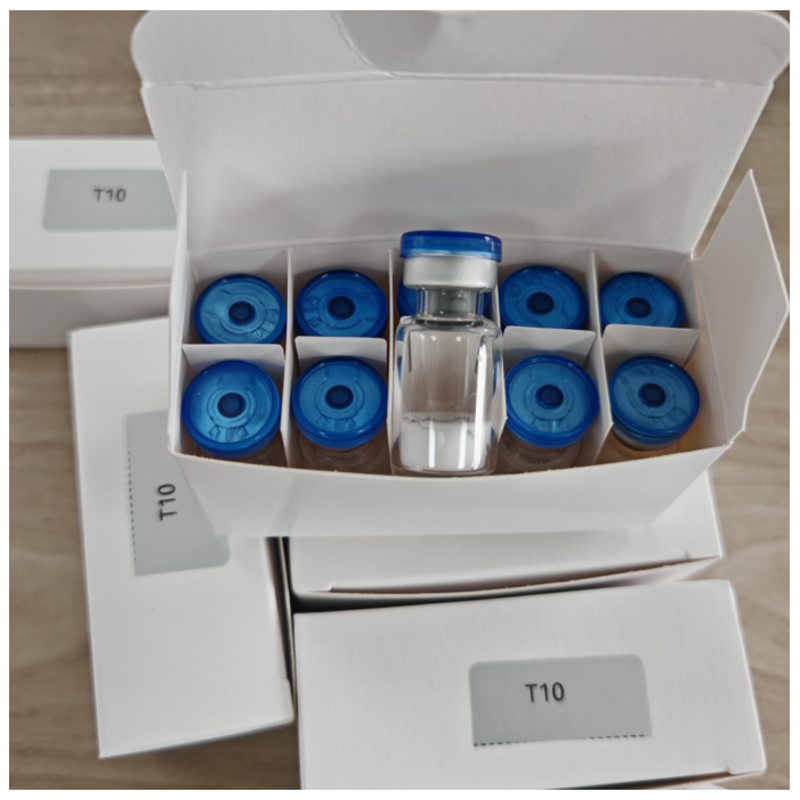-
Categories
-
Pharmaceutical Intermediates
-
Active Pharmaceutical Ingredients
-
Food Additives
- Industrial Coatings
- Agrochemicals
- Dyes and Pigments
- Surfactant
- Flavors and Fragrances
- Chemical Reagents
- Catalyst and Auxiliary
- Natural Products
- Inorganic Chemistry
-
Organic Chemistry
-
Biochemical Engineering
- Analytical Chemistry
-
Cosmetic Ingredient
- Water Treatment Chemical
-
Pharmaceutical Intermediates
Promotion
ECHEMI Mall
Wholesale
Weekly Price
Exhibition
News
-
Trade Service
Poor eating habits are an important preventable risk factor for type 2 diabetes (T2DM) .
Diabetes prevention Frequent intake of fried foods is associated with a higher incidence of T2DM, which suggests that excessive energy intake and harmful substances produced during frying may mediate this association
In addition, meat, as the main source of protein, is usually used for stir-frying in daily life
Digestion in the frying process, the protein in meat digestion rate of decline may lead to intestinal microbiota have more undigested protein
Recent studies have also found that a higher intake of fried meat is associated with a lower diversity of human gut microbiota and affects the composition and activity of animal gut microbiota
In order to determine the impact of fried meat intake on the gut microbiota and fecal metabolites, and whether this effect will affect the host's glucose balance, intestinal endotoxin levels and systemic inflammation, from the School of Nutrition and Food, Harbin Medical University, China Nutrition experts from the Department of Health conducted another study that included both humans and animals, and the results were published in the recent Diabetes Care magazine
Included 117 overweight adults were randomly divided into two groups
Differences in HbA1c (A), C-peptide (B), IGI (C), MIRI (D), glucose (E) and insulin (F) between the two groups of participants
The results showed that after the intervention, the control group participants had lower BMI and AGE levels, while their n-3 fatty acid and protein digestibility levels were higher than those of the experimental group participants (all P <0.
The IGI value of both groups increased significantly; but the IGI value of the participants who ate fried meat was lower than that of the control group, and the MIRI and AUC of insulin and lipopolysaccharide (LPS), TNF-α, IL-10 and IL-1β levels A higher value indicates more inflammation
The changes in the levels of these metabolites are significantly related to the changes in the values of IGI and MIRI and the levels of LPS, FGF21, TNF-α, IL-1β and IL-10
Correlation analysis between gut microbiota, metabolites and biomarkers of glucose balance, gut health and inflammation
In summary, the intake of fried meat affects the gut microbiota and microbial-host metabolites, impairs the glucose balance, and increases the levels of intestinal endotoxins and systemic inflammation
In summary, the intake of fried meat affects the gut microbiota and microbial-host metabolites, impairs the glucose balance, and increases the levels of intestinal endotoxins and systemic inflammation
references:
The Association of Fried Meat Consumption With the Gut Microbiota and Fecal Metabolites and Its Impact on Glucose Homoeostasis, Intestinal Endotoxin Levels, and Systemic Inflammation: A Randomized Controlled-Feeding Trial.
The Association of Fried Meat Consumption With the Gut Microbiota and Fecal Metabolites and Its Impact on Glucose Homoeostasis, Intestinal Endotoxin Levels, and Systemic Inflammation: A Randomized Controlled-Feeding Trial.
Leave a message here







